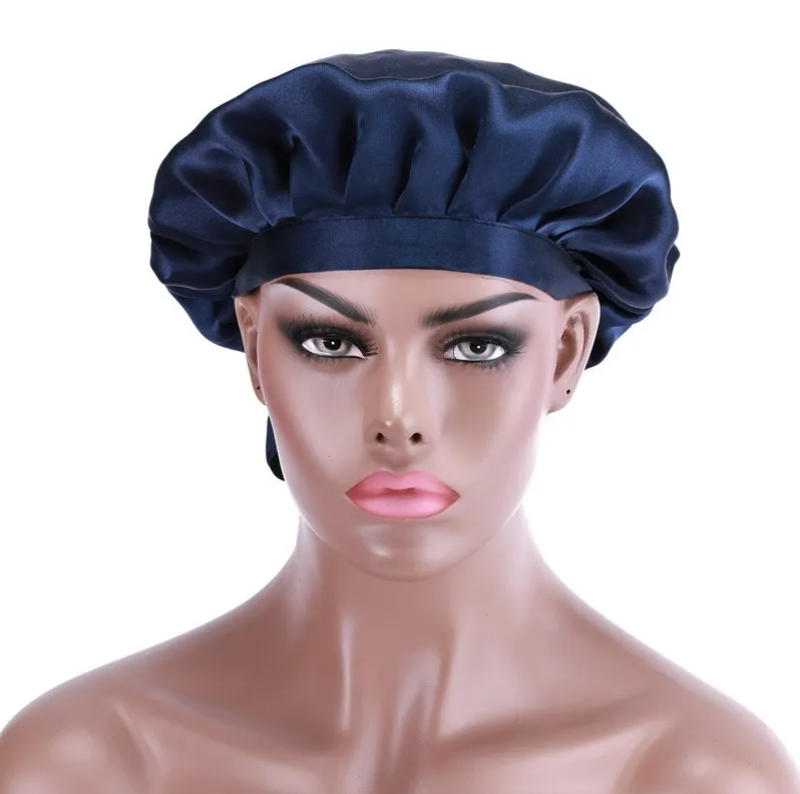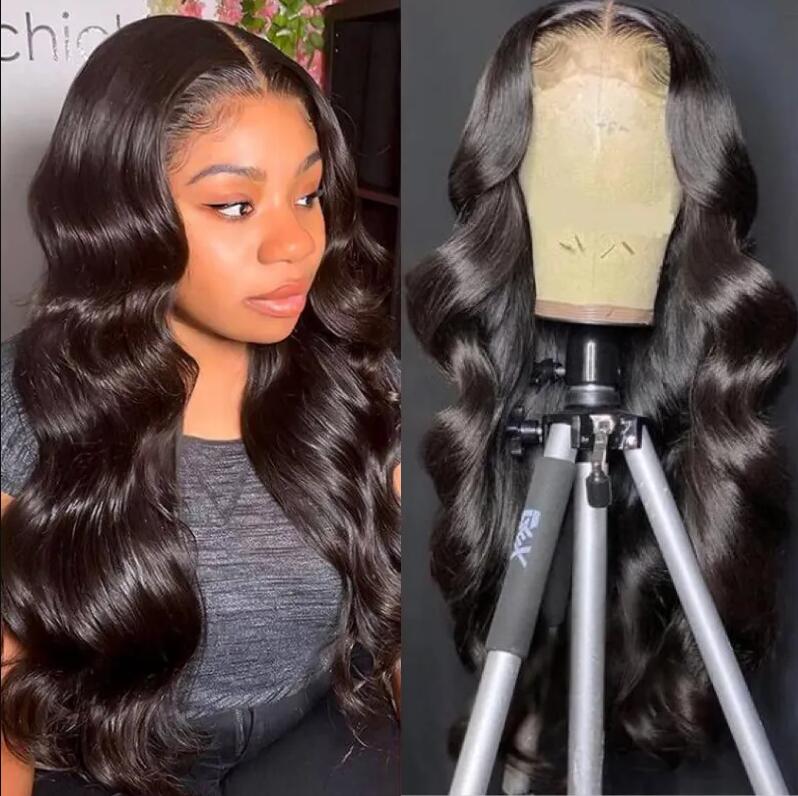We all know that installing wigs, especially with glue, can take hours. So we want the wig to stay on the head as long as possible because it can save time and energy. As a result, most people don't like to take their wigs off before going to bed every day. Can you sleep with a wig on? How to sleep with a wig on? In this post, we'll explain these questions to you.
Can you sleep with a wig?
In general, it is not good to sleep in a wig, as the life of the wig may be greatly shortened. When we sleep with wigs, the friction between our wigs and the pillow can make them frizzy, knotted and more fragile. Can you sleep with a wig on without damaging your wig hair? If you’re being super careful then it is possible. Having a few tricks to sleep with a wig properly can go a long way in avoiding these problems. If you decide to sleep with your wig on, be sure to follow the tips mentioned below to reduce the chances of damaging your wig.
How to sleep with a wig on?
Here are some tips about sleeping with wigs:
Wrap your head before sleeping
Because sleeping can cause a lot of friction that can seriously damage the wig, you should tie it in a ponytail or braid and secure it properly, then wrap your hair to prevent the wig from losing moisture, shine, and elasticity. You should wrap your head with a satin scarf to prevent the wig from being damaged.

Use a silk pillowcase
You should use a silk or satin pillowcase, as it will not absorb moisture, and it will prevent your wig from tangling, matting and curling. Also, in case your wig slips during the night, a silk pillowcase will protect it from frizz. You won’t deal with any friction-related issues while sleeping on a silk pillow.
Comb your wig hair properly
When you wake up, you should carefully comb the wig to remove the entanglement that formed overnight. Don't be lazy, because keeping your wig hair in knots and tangles for too long can affect the quality and strength of your wig and increase the chance of breakage. You can use some water or spray on the parts of the wig that look flat. Use some leave-in conditioner or spray to restore the shine.

Don’t wear the wig every night
If you want to ensure the longevity and durability of your wig, you should consider giving it a break. This means you can still sleep with your wig on, but still choose to take it off occasionally, such as on weekends, if you have a few days off and more free time.
Get an alternative wig
You should not just have one wig. Get another wig that can be alternatively worn. If you alternate between two or more wigs, it means you can give a break while wearing the other wig, extending the life of both. Using them separately may seem like an annoying task, but you don't have to alternate them every day.

Advantages of sleeping with wigs
Save time
Sleeping with a wig can save a lot of time for other activities. You don't have to take your wig off before or after sleeping. In a rush, you can just get up and get ready without taking the time to reinstall the wig, thus saving a lot of time, and you can have more time to dress up and brush your hair.
Reduce the risk of improper reinstallation
Installing a wig maybe take a lot of skill to place fake bobby pins, secure the wig, and apply lace. If you've been wearing a wig for a while, or if you've just started wearing a wig, then you'll understand that the risk of messing it up when it's time to put it back on in the morning is pretty high. So basically, sleeping in your wig can save you a lot of problems.
Risks of sleeping with a wig on
The risks of sleeping with a wig on are listed below. They should help you decide whether you should wear it or not, but keep in mind that everyone’s case is unique and individual, and every wig is different.
Friction damage
The first and leading cause of wig damage is the friction between our hair and the pillow that occurs when we sleep. It's likely that the pressure and friction between you, the wig, and the pillowcase will eventually cause the wig to break down. Friction can also cause tangles in wigs. Also, if you sleep on a cotton pillowcase, moisture from your wig may be absorbed, causing your wig to lose elasticity over time.
Pressure on scalp
If you've ever woken up with a headache after tying your hair in a bun, then you know that sleeping in a wig can also put pressure on your scalp. The scalp needs to relax and decompress. And sleeping in a wig can prevent your hair from growing properly.
Conclusion
Sleeping with a wig can be tricky, but it's possible. As long as you take the right steps, from wrapping your head to using a satin or silk pillowcase and combing to your wig hair properly, you can maintain the quality of your wig and continue to look elegant with it.









Submit Comment